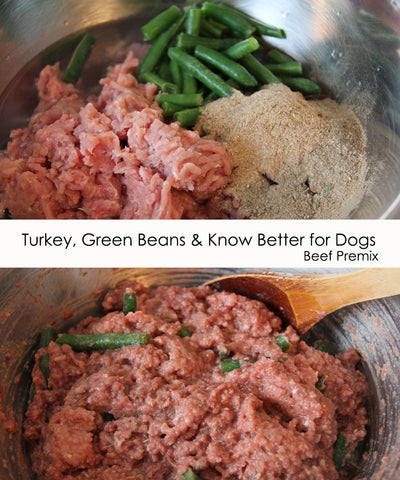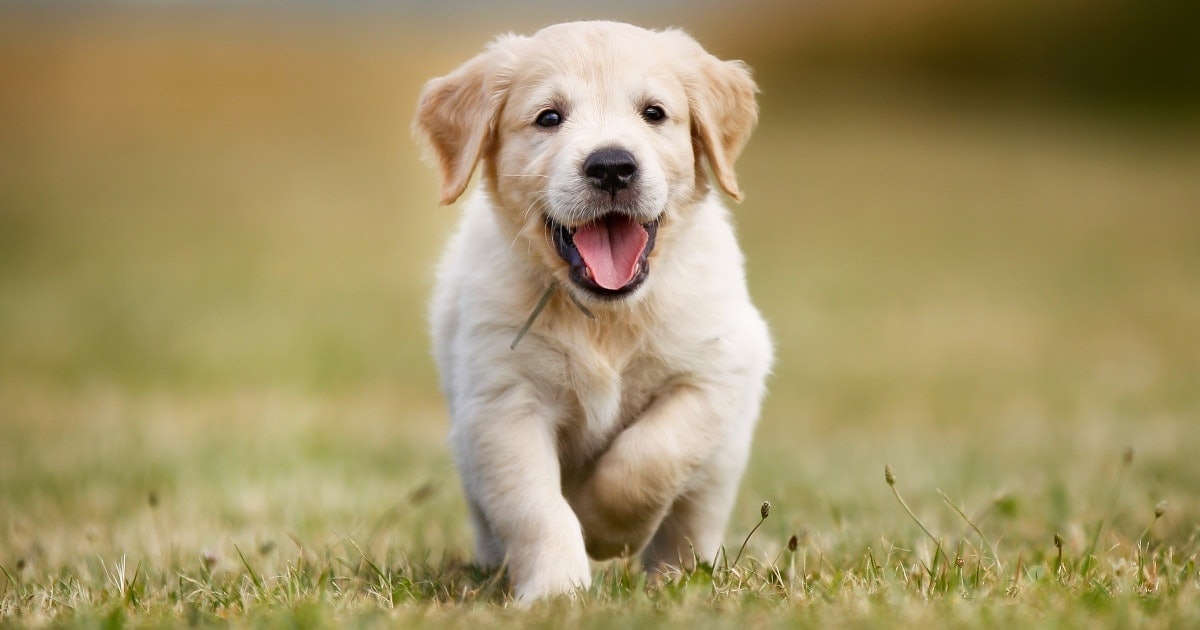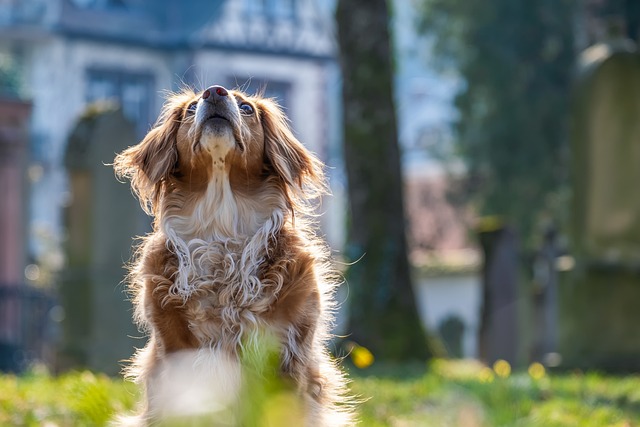
Pekingese dogs are a breed that is great for all kinds of lifestyles. They are independent, intelligent, and low in activity. These qualities make them excellent pets for new and experienced pet parents. They are very loyal and loving of their family.
Low-activity dog
Pekingese, which are low-activity, are an excellent choice for anyone looking for a dog who doesn't need a lot of exercise. The breed is friendly and will make friends in most homes. However they can bark quite loudly and be aloof when meeting new people. They should be introduced from a young age to adults and children. Like all dogs, they deserve to be treated with respect.
If you're looking for a low-activity Pekingese, make sure to check the breed's health history before buying a puppy. It is susceptible to respiratory disease and intervertebral dismal. Patellar Luxation, which is the popping of the kneecaps, can also occur. Although some health issues can be hard to identify during puppyhood, reputable breeders will have health certifications to show potential buyers that their animals are in good health.
Self-important
Pekingese dog breeds have a long history that stretches back to the 8th century, when they were called "Fu Lin" or "the Lion Dogs of China." They were carefully cared for by the Chinese royal families over centuries. They were popularized worldwide and made their way to Europe later. They are proud, loyal, confident, and full-of self-importance, confidence and dignity.

Pekingese canines are small but they have a long tradition as the most important Chinese dogs. Their ancestors served as companions, household pets, and show dogs. Pekingese are intelligent, proud, and regal, which makes them great pets. Pekingese are loving and affectionate, but also demanding attention. If they don’t get the attention that they need, they might growl at other people and become jealous.
Intelligent
If you're looking for an intelligent dog breed to add to your family, the Pekingese is a good choice. Pekingese are gentle and great dogs to have around children. Children can hurt them if they play rough with them. They may also be prone to snap when they feel threatened.
The Pekingese can be described as one of the most intelligent breeds on the market in terms of intelligence. Its average intelligence level is just as high as a child of two years. However, there are several factors that can affect how smart a dog is. Training is one of these factors. Training a dog breed that is naturally intelligent will be more straightforward than training one that is not. You should make sure that your dog's intelligence is compatible with your lifestyle.
Independent
Independent Pekingese dog breeds are often described as "royal dogs," though their regal appearance isn't all that intimidating. They are loyal and playful within their family but can be reserved with strangers. They are good with other pets, but they need to be acknowledged as the supreme dog or cat.
Independent Pekingese breeds of dog are intelligent and affectionate. Although they are small, they can be very active and require minimal exercise. But their strong personalities need lots of attention and affection. Pekingese also need a cool environment as their brachycephalic shape makes them susceptible to overheating in hot weather.

Pekingese make great house pets, but may not get along well with children. Children must treat them with respect and socialize them early in life.
Stubborn
Stubborn Pekingese dog breeds are known to be very stubborn, even when they are taught to behave. Because of their stubborn nature, they need special attention when it comes to their eyes. The breed is prone to eye infections, so it is important to get regular exams to keep them healthy.
Through history, the Pekingese was known as both the "lion dog", and "sundog". They can bark louder because of their royal heritage. This is why they should be socialized at an early age. They are also very independent, so it is important to have patience.
Pekingese coats are dense and fluffy, so it is important to brush them daily to keep them looking shiny and healthy. In addition, you must pay special attention to areas around the ears, such as behind the ears.
FAQ
How do I know if my dog has fleas?
Your pet may be suffering from fleas if he/she is constantly scratching his fur, licking himself excessively, or looks dull and untidy.
Flea infestations can also be detected if your pet shows any redness.
For treatment, you should get your pet to the vet as soon possible.
What age should a child have a pet?
Children under five should not have pets. Children under five years old should not own cats and dogs.
Pet owners often end up with their children being bitten. This is especially true when the dog is small.
Some breeds of dog, such as pit bulls, can be aggressive towards other animals.
Although a dog may seem friendly, that doesn't necessarily mean that it won't attack an animal.
If you decide to get a dog, make sure it is properly trained. Ensure that your child is always supervised when playing with the dog.
What kind of food should my dog eat?
A healthy diet is essential for your dog.
Protein-rich foods include beef, chicken, eggs, fish, and dairy products.
Other foods high in carbohydrates include vegetables, fruits, breads, cereals pasta, rice, potatoes and beans.
Low-fat foods include lean meats and poultry, fish, whole grains, seeds, and nuts.
Before giving your dog different food types, always consult your veterinarian.
How long can a dog be kept indoors?
Dogs are naturally curious. Dogs require an outlet for their curiosity. They can become destructive if they don't have an outlet. This can lead to many problems, including the destruction of property and injury to people.
Dogs should always be kept on a leash when outside. The leash prevents them from running wild and allows them to safely explore their environment.
He will be bored and uninterested if you keep him indoors all day. He will begin to chew furniture and other things. His nails will grow too long, and he could develop health issues as well.
It is best to allow your dog to run free at least one day per week to avoid these unfortunate consequences. Take him out for a walk, take him for a drive in the car, and/or to the park.
This will give him something to do and help him burn some energy.
How often should my dog be groomed?
Grooming your pet dog is very important. Grooming your dog is important to keep his coat clean and healthy.
At least twice per week, your dog should be brushed. After each meal, you should brush your dog.
You can remove dirt and hair from your dog's fur by brushing. Brushing his teeth can make him look younger.
And brushing his ears will help prevent ear infections.
How to Make Your Pet Happier
Pet owners often wonder how to make their pets happy. Some people buy toys, treats, and even clothes for their pets. Some pets are not fond of certain things so this may not work every time. For example, some dogs cannot stand to wear sweaters.
You should ask your pet why they don't like the food you are buying. Perhaps he prefers different foods than yours. He might even hate shoes.
Another tip is to play with your pet. You can play with a ball, or a frisbee. Toss it around. You can also just throw it in the air, and watch it chase down. This game makes both of you laugh. It's also relaxing and fun.
A good idea is to give your pet bathe once a week. A bath helps to remove dead skin cells and dirt from your pet's coat. He will also enjoy a nice smelling bath.
It's also important to keep your pet healthy. Do not allow your pet to eat junk food. Give him high-quality, nutritious food. You should also make sure he gets plenty of exercise. Take him for a walk, or play fetch.
Your pet will love spending time with you. Most pets would rather spend time with their owners than be alone.
Finally, love your pet unconditionally. Never yell at him. Be patient and kind to him. Never leave him alone.
Statistics
- * Monthly costs are for a 1-year-old female mixed-breed dog and a male domestic shorthair cat less than a year old, respectively, in excellent health residing in Texas, with a $500 annual deductible, $5,000 annual benefit limit, and 90% reimbursement rate. (usnews.com)
- Here's a sobering reality: when you add up vaccinations, health exams, heartworm medications, litter, collars and leashes, food, and grooming, you can expect a bill of at least $1,000 a year, according to SSPCA. (bustle.com)
- Pet insurance helps pay for your pet's medical care, with many policies covering up to 90 percent of your vet bills. (money.com)
- A 5% affiliation discount may apply to individuals who belong to select military, law enforcement, and service animal training organizations that have a relationship with Nationwide. (usnews.com)
- In fact, according to ASPCA, first-year expenses can sum up to nearly $2,000. (petplay.com)
External Links
How To
The best way to teach a dog where he should go to urinate
Teaching your pet to use the bathroom correctly is crucial. It's important to learn how to train them to use the toilet properly if your dog starts to venture outside. Here are some tips that will help you teach your dog the correct way to go to the bathroom.
-
It is important to start training early. Training early is key if you want to avoid accidents during playtime
-
You can reward your pet with food. If you reward your pet after every successful trip, it will bring you better luck.
-
Avoid giving treats to your pet's pee spot. This could make your pet associate urine smells with his favorite treats.
-
Make sure there isn't another animal around before letting your dog out. Dogs who observe others relieved themselves may assume it's normal.
-
Be patient. Your puppy may take longer to grasp the concepts than a mature adult.
-
Before you let your dog go to the bathroom, let her sniff everything. It will make her learn quicker if she has the opportunity to smell the toilet before entering the bathroom.
-
While you are taking care of business, don't allow your dog to stand near the toilet. That could lead to confusion.
-
After you are done, clean the toilet seat and the area around it. These areas will serve as reminders of what you need to do next.
-
You must immediately clean up any mess. Clean up after your dog has an accident. He might try to get rid of himself again if he is not careful.